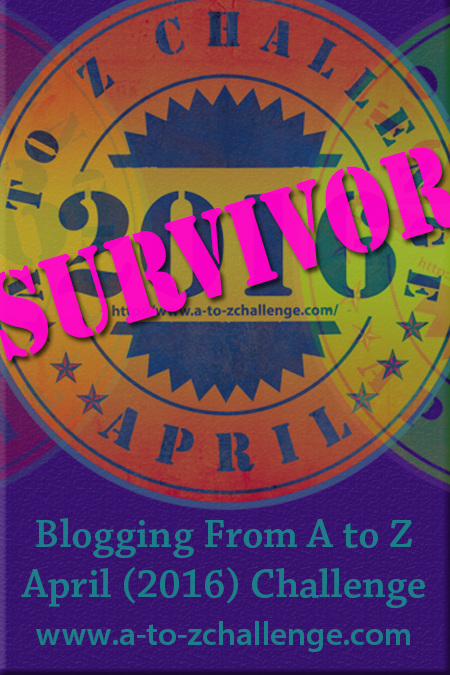We left Vancouver shortly after nine this morning and made our way out of False Creek and into English Bay. The forecast was for winds out of the northwest blowing 5 to 15 knots in the morning decreasing to light and variable in the afternoon, a nice beam reach … or so we thought.
English Bay was a little lumpy but, with the forecast in mind, we expected things to settle down once we entered the Strait of Georgia and its deep waters. No such luck. The further we pressed on, the worse the conditions became until we were bashing into 15 to 20 knots of wind from the west-southwest, straight on our nose and against the current, which made the Strait of Georgia a large mass of white caps.
The seas were short and choppy and the bow would rise up one swell and, before the boat could settle in and glide down the backside, the next wave would move in and bury the bow shooting water onto the deck, up to the dodger and into the cockpit for the first time in the eight years that we've been aboard Cambria – a dubious honour we could have lived without. Other times the boat would fall off the crest of one wave into the trough of the following one dropping 33,000 pounds of just about everything we own from the height of three feet in the process. We did this for hours as we hobby-horsed across the Strait of Georgia making for a tired crew and one relatively unhappy sea dog; but conditions come and go and the closer we got to Vancouver Island, the better they became. And although it was a long, tiring day, we still managed to do the 35 nautical mile trip in six hours.
We dropped our anchor in Mark's Bay, just off the city of Nanaimo, where we'll spend a couple of days recuperating from today's passage. It'smuch quieter here this time of year and we're only one of two boats anchored – the rest are tied to a permanent moorings. Whether that's due to the lateness of the season or the fact that there's another system forecasted to move through the area on Wednesday, we can't be sure. What we can say for sure is that we'll stay here until it passes before continuing to move south and, sadly, closer to the US border.










0 comments